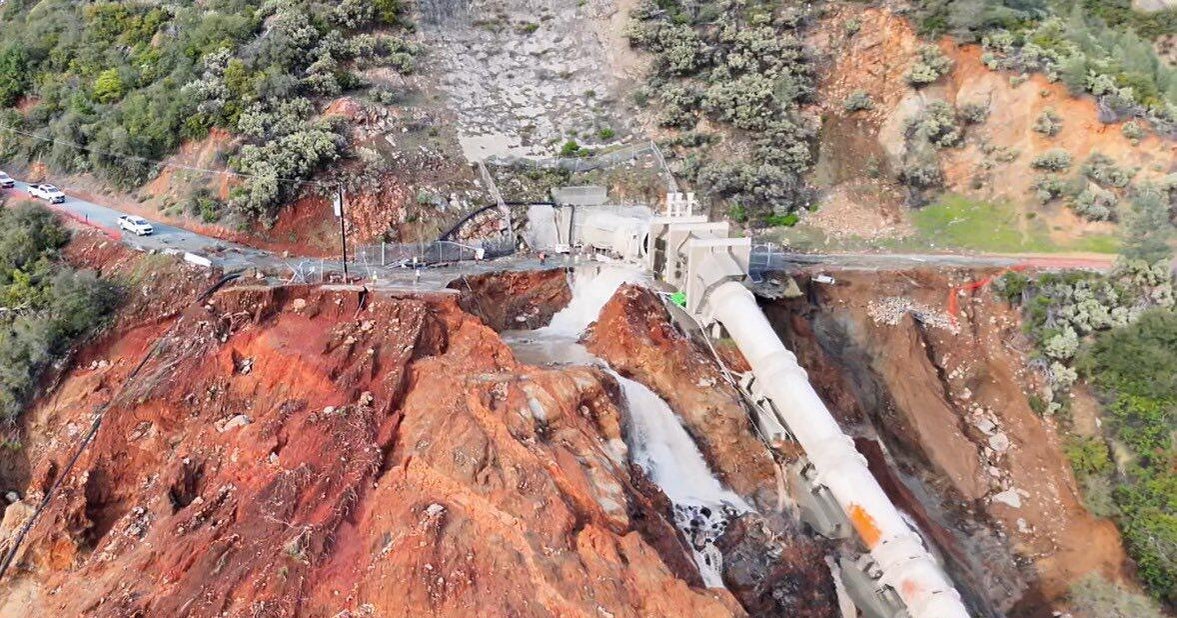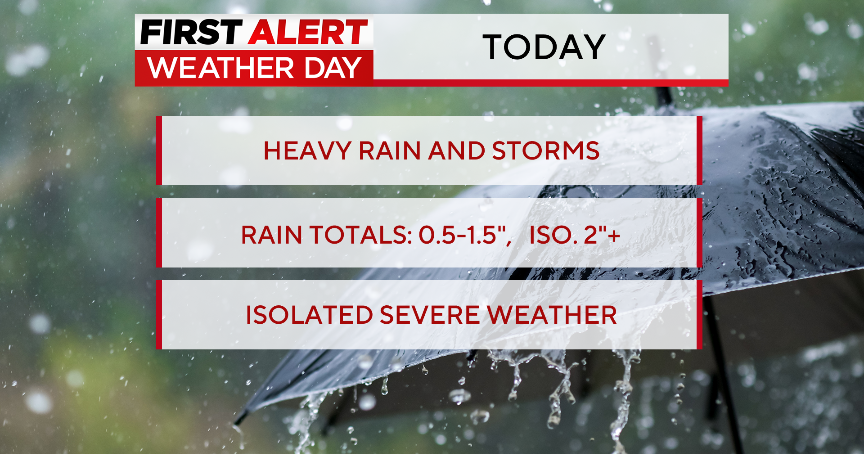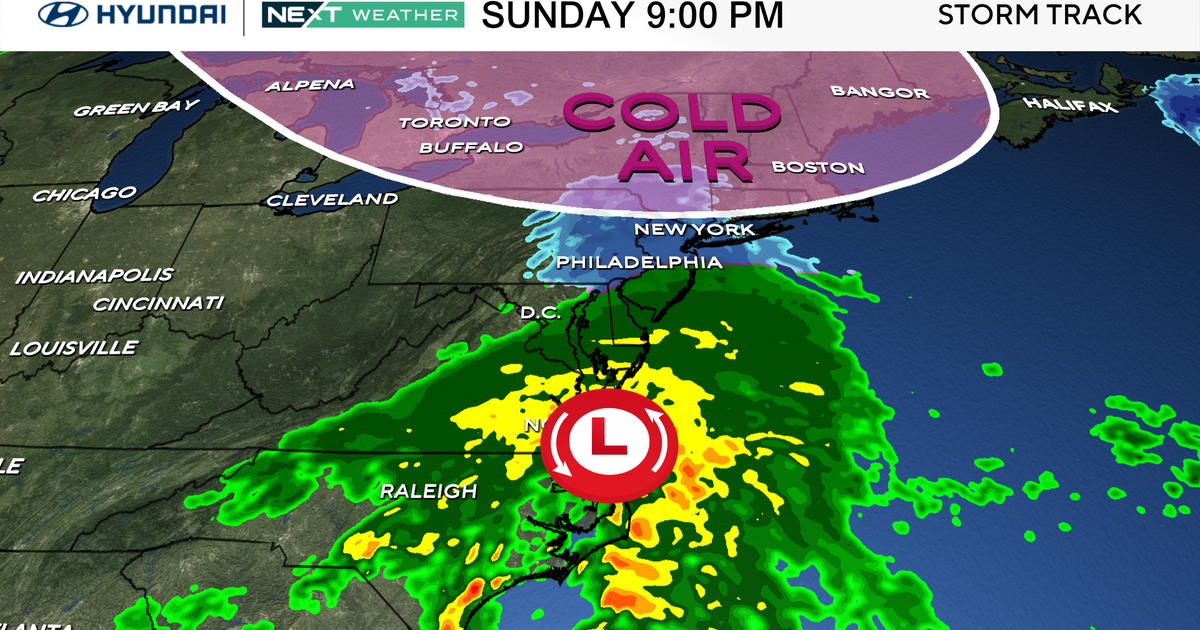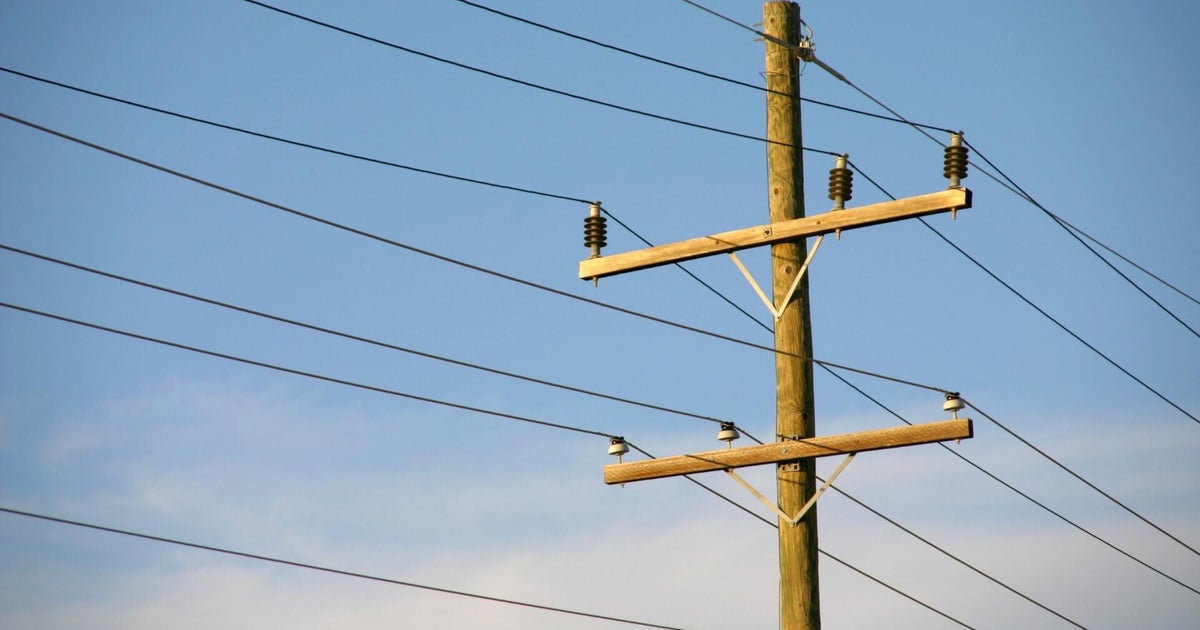King Tide Causes Minor Flooding In Downtown Boston
BOSTON (CBS) - Flooding was probably the last thing on many people's minds Saturday, with deep blue skies and crisp Fall-like temperatures.
But that's exactly what some areas of downtown Boston saw during the afternoon high tide cycle.
The "King Tide" or "Sunny Day Flooding" is the temporary inundation of low-lying coastal locations, usually during astronomical high tide cycles during the new and full moon. The added gravitational pull from the moon allows high tides to be higher and low tides to be lower. Basically, the type of flooding that used to only be seen during storms are now occur more often.
According to the National Weather Service, Saturday's tide in Boston peaked at 11.61 feet at 1:15 p.m and is expected to be even higher -- 11.7 feet -- on Sunday around 2 p.m.
Remember back to 2018? Two run-of-the-mill nor'easters during astronomical high tide cycles became two of the top five historical crests Boston Harbor ever recorded, beating the October "Perfect Storm" and Blizzard of 1978's flooding.
One of Boston's greatest assets, the water, also leaves it especially vulnerable. Seas are rising at a pace of about one inch every eight years -- about a foot over the last 100.
In a July 2020 report issued by the National Oceanic and Atmospheric Administration, this type of nuisance flooding for Boston is expected to increase to as many as 35 days in 2030 and up to 95 days a year by 2050.
As WBZ Chief Meteorologist Eric Fisher noted a year ago, city planners are building structures to last 100 years and beyond, with the changing climate and rising seas in the forefront of their mind.
While Boston does experience more tidal flooding than any other city in the Northeast, this is not just a Boston or even New England issue. Sunny Day Flooding is increasing at a rapid rate in places like Charleston, South Carolina and Miami Beach, Florida.
Worldwide, rising sea levels and ever-increasing coastal flooding could inundate land that 300 million currently live, by 2050, according to a Nature study.







